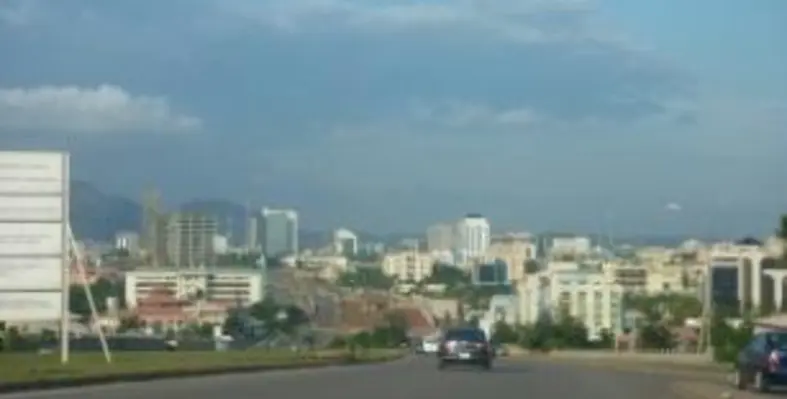After Nigeria ranked significantly in the World Bank’s recent ease of doing business report, Yemi Osinbajo, vice-president of Nigeria, has commended Buhari administration for its reforms and stated that the government will continue its reform agenda to keep improving the nation’s economy
“The present administration remains focused on making necessary even if dramatic policy shifts in this sector to grow, deepen and open up the business and opportunities in Nigeria’s oil and gas sector” Osinbajo said during a speech at the 55th anniversary of the oil producers trade section (OPTS) of the Lagos Chambers Of Commerce and Industry (LCCI) at Eko Hotel & Suites in Lagos.
Osinbajo further said the oil and gas industry in Nigeria stands to benefit hugely from the administration’s ease of doing business reforms.
In the World Bank’s latest report, Nigeria climbed 24 places in the rankings and earned a place on the list of 10 most improved economies in the world.
“We’re taking it as the very reason why we need to ramp up our reforms, for the benefit of Nigeria. There is still work to be done in reducing bureaucratic bottlenecks in the award of contracts and generally in obtaining approvals,” Osinbajo said.
“It is for this reason, the creation of a business environment that catalyses business activity and investment that this year alone we have issued an executive order focusing on improving the business environment and launched two national action plans designed to be short-term interventions aimed at implementing specific business environment reforms. The second national action plan is ongoing, and we expect that it will yield results across every sector of the economy, including the OPTS,” he added.
He further stated that the administration has developed and obtained the approval of the federal executive council for a new national oil policy and a new national gas policy.
“In 2016, the Nigeria upstream sector of the oil and gas industry was challenged by the menace of upstream assets vandalism. From a peak production of over 2.30 mmbbl per day recorded at the beginning of 2016, we witnessed a decline to an almost all-time-low of about one mmbbl per day per day due to incessant vandalism.”
However, due to sustained engagements with the Niger Delta, the production has ramped up to about 2.1 mmbbl per day from 2016 crude oil production average of about 1.80 mmbbl.
While calling for more private sector participation in the oil and gas infrastructure development projects, Osinbajo emphasised that the Buhari administration focuses on addressing development in the Niger Delta through its new vision for the region.














